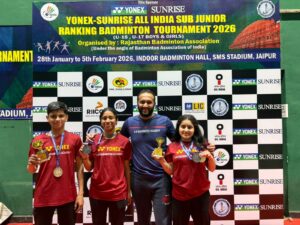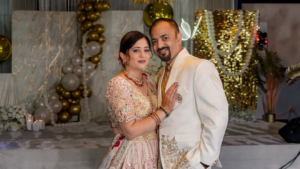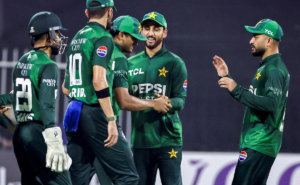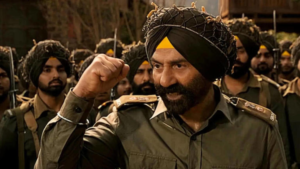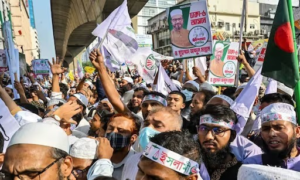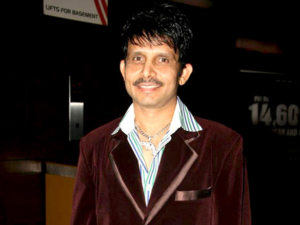The Supreme Court disagrees with Amit Shah’s remarks about the elimination of Karnataka’s 4% Muslim quota.

The Bench advises public officials to use prudence when making statements regarding cases that are currently in court.
The Supreme Court on Tuesday disapproved of senior BJP leader and Union Home Minister Amit Shah’s statement on doing away with the four per cent quota for Muslims in government jobs and educational institutions in poll-bound Karnataka, saying a sub-judice issue should not be politicised.
A Bench of Justice KM Joseph, Justice BV Nagarathna and Justice A Amanullah said public functionaries should exercise caution in their statements about issues pending before courts.
The comments from the Bench came after senior counsel Dushyant Dave, representing the petitioners, raised the issue and said the Union Home Minister’s statements on the issue amounted to contempt of court.
“They (BJP leaders) are proudly saying they have withdrawn (quota for Muslims),” Dave told the Bench.
Solicitor General Tushar Mehta objected to Dave’s submission, saying the Bench had not been told about the “content and context” of Shah’s statement.
“I don’t wish to do politics here. He (Dave) may move an application. We don’t know what statement is being attributed to (Shah),” Mehta said, asserting any religion-based reservation was unconstitutional.
“If what you are saying is true, then we wonder, why when the matter is sub-judice before the Supreme Court, there should be statements made by anybody as such?” Justice Nagarathna commented.
“In 1971, the West Bengal CM was held for contempt for holding a press conference defending a rationing order that was the subject matter of a challenge before the court…”We may have reservations about reservations but we can’t let it be politicised in this manner…,” Justice Joseph said.
“I can’t respond to political [allegations] … I can’t shout like my learned friend (Dave)…,” Mehta said, adding the matter was being politicised before the court.
As Dave interjected to say, “This was not religion based,” Mehta said, “Lordships will have to control (Dave). Can’t let this become a fish market. So far no judge has controlled him, that is the problem. Some judges will have to.
“Some sanity must prevail… There is no such statement (by Shah) to my knowledge. But in the (election) manifesto one is entitled. Even I can’t be instructed as to how to argue in a vitiated atmosphere,” Mehta went on.
The Bench deferred the hearing to July 25 after the Solicitor General said he was busy with the Constitution Bench hearing on the same sex marriage issue. However, he assured the top court that the earlier reservation regime would continue till the next date of hearing.
The top court was hearing petitions challenging the Karnataka government’s decision to scrap four per cent reservation for Muslims under OBC category in government jobs and educational institutions and distribute it equally to Vokkaligas and Lingayats in the state.
After the Karnataka Government’s March 27 decision – that came weeks before the May 10 assembly elections, Muslims will be eligible to vie for 10 per cent reservation under the Economically Weaker Sections (EWS) category while the four per cent quota enjoyed by them for three decades stood distributed equally between Veerashaiva-Lingayats and Vokkaligas – considered to be numerically dominant and politically influential communities in the state.
The Supreme Court had on April 13 questioned the Karnataka government’s decision to scrap the four per cent reservation for Muslims under OBC category in government jobs and educational institutions, saying prima facie it appeared to be based on “fallacious assumptions”.
“Prima facie, the impugned GO (Government Order) appears to suggest that the foundation of the decision making process is “highly shaky and flawed”… This government order is based on completely fallacious assumptions. This reservation has been given since 1994… they (Muslims) have been enjoying it for a very long time…On the basis of documents produced, Muslims are backward and then suddenly it’s changed,” the Bench had said.

